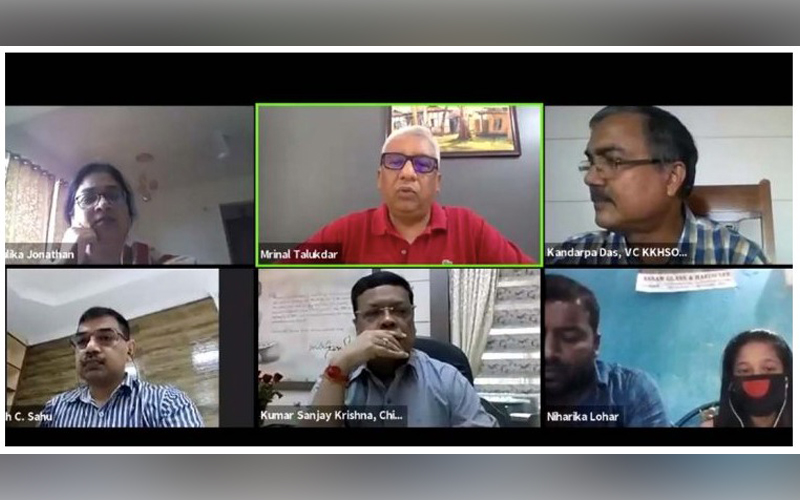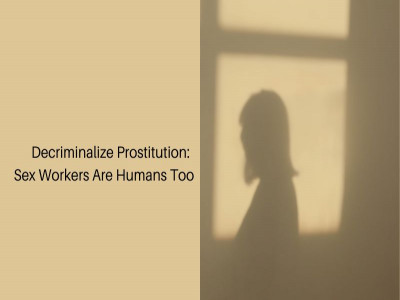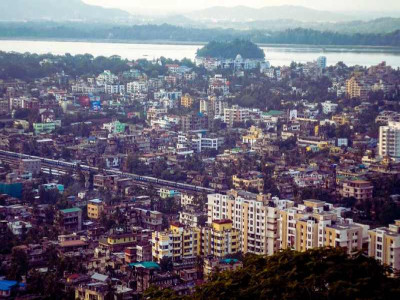
UNICEF brings together Government, academia, community workers and members to deliberate on Role of Youth in tackling malnutrition
GUWAHATI, 16 September 2020 – Deliberating on the role that young people can play in tackling malnutrition in Assam, UNICEF and academic partner KK Handique State Open University’s (KKHSOU) convened the second VIRTUAL TALKs today, which was live streamed on Northeast Now social media channels.
The virtual platform saw participation from Chief Secretary, Government of Assam, Shri Kumar Sanjay Krishna; Vice-Chancellor, KKHSOU, Prof. Kandarpa Das; UNICEF Assam’s Chief of Field Office, Dr Madhulika Jonathan; and Commissioner and Secretary, Department of Social Welfare, Government of Assam, Shri Mukesh C. Sahu; while the discussion was moderated by Shri Mrinal Talukdar, senior journalist.
Setting the context of the discussion were:
Kokila Urang, anganwadi worker at the Rupai Tea Estate in Tinsukia district: who spoke on the effectiveness of government’s nutrition interventions, by highlighting the changes brought in the behaviour of the community towards health interventions. She shared about her journey, and on the progress made on-ground.
Mainu Borah and Gabirnandan Chutia, parents of a seven-month-old child from Tinsukia district: shared their experience as beneficiaries of several government interventions from conception till delivery. They spoke on the effective role of anganwadi centres in ensuring good health of the mother and child. The parents together also reflected on their enhanced knowledge on various steps and measures taken to ensure a healthy mother and child.
Niharika Lohar, a Class X student and member of adolescent girls’ group from the Sessa Tea Estate in Dibrugarh district: spoke on the various myths and misconceptions prevalent in the community with regards to anaemia, menstrual hygiene, early child marriage and child birth. She shed light on how the adolescent girls’ clubs, as a platform, have been playing an instrumental role in banishing myths and misconceptions, and thereby raising awareness on key issues, including nutrition and health, especially for adolescent girls.
Focusing on the key areas of Coverage, Continuity, Intensity and Quality of nutrition interventions as the context, the panelists deliberated on the impact of the pandemic on Poshan Abhiyaan and its target for a malnutrition-free India by 2022.
In this regard, Chief Secretary, Government of Assam, Shri Kumar Sanjay Krishna said, “Though the pandemic has led to closure of the anganwadi centres in Assam, our anganwadi workers have ensured continuation of services to communities such as delivering Take-Home-Ration (THR), and growth monitoring of children. The Government of Assam has also stressed on many innovative initiatives in regards to tackling myths and misconceptions, and ensuring awareness on proper nutrition amongst communities.”
Focusing on the role that youth can play in grassroot level interventions to support the Jan Andolan under Poshan Abhiyaan, and how education institutions can hone their skills to benefit society, Vice-Chancellor, KKHSOU, Prof. Kandarpa Das said, “Universities have an important role in generating awareness on proper nutrition and developing a scientific temper among students, who can play an active role in supporting grass-root interventions and bringing social change. Gender sensitivity is also the need of the hour for tackling malnutrition, and universities can play an important role in that. Our students come from vulnerable communities, who we believe, if provided with the right knowledge and skills, can bring an effective change.”
Citing the current situation of malnutrition in Assam, UNICEF Assam’s Chief of Field Office, Dr Madhulika Jonathan emphasized on coverage, continuity, intensity and quality of nutrition interventions to bring Poshan Abhiyaan back on track, “The programmes under the Integrated Child Development Services (ICDS) need to reach every child, woman and mother. The programmes that were stalled due to COVID-19 need to be reinitiated and continued. And, there is need to intensify efforts towards raising awareness through simplified messaging around nutrition and healthy diets, which is where youth can play a significant role.” She was also reassured to see the focus of this year’s Poshan Maah on optimal nutrition in the first two years of life. “The first 1,000 days, according to The Lancet study (September 2019), can impact a child’s brain development, which in turn impacts their physical and mental development, performance in school, intellectual capacity, and later in life, their earning capacity.”
Despite the progress in child nutrition indicators, the state is still home to an estimated 1.2 million children under-5 who are stunted, about 0.8 million who are wasted and 0.3 million, who are severely wasted, and almost half (46 per cent) of the women between ages 15-49 are anemic.
Speaking on Poshan Abhiyaan and how it is shifting gears this year to tackle the secondary impacts of COVID, Commissioner and Secretary, Department of Social Welfare, Government of Assam, Shri Mukesh C. Sahu said, “In this Poshan Maah, we have stressed upon identification and treatment of Severely Acute Malnourished (SAM) children. The anganwadi workers have been ensuring growth monitoring of every child in the community through home-visits, for which the Department has provided requisite training. The Department of Social Welfare has also been involved in strengthening the digital literacy of our workers and ensuring regular monitoring of the status of each and every beneficiary through the ICDS-CAS. The main idea of Poshan Abhiyaan is to make it a Jan Andolan – having participation of people from all spheres, who can take ownership of the well-being of the community and help create a malnutrition-free society.”
Contributing, leading initiatives/campaigns and working alongside the government in support of the Jan Andolan was a major takeaway from the talks for National Service Scheme, National Cadet Corps and other young people associated with civil society organisations, who had tuned in. UNICEF has been working with youth platforms in Assam with the aim to provide opportunities to build on their communication and participatory skills and enhance their civic engagement.
Disclaimer: The opinions expressed in this article are those of the author's. They do not purport to reflect the opinions or views of The Critical Script or its editor.

Newsletter!!!
Subscribe to our weekly Newsletter and stay tuned.

















Related Comments